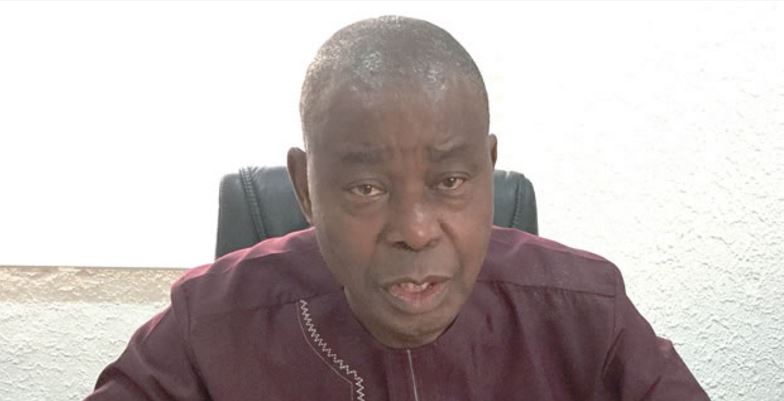
The Nigeria Labour Congress has urged the Federal Government to constitute and announce names of the committee for the determination of the new minimum wage in the country before May 1, 2017.
The General Secretary of the NLC, Dr. Peter Ozo-Eson, stated this in a telephone conversation with our correspondent in Abuja on Saturday.
He vowed that the congress would take an action to be directed by the Nigerian workers if the government failed to constitute the critical wage committee and read the list during the May Day celebrations.
The President of the NLC, Mr. Ayuba Wabba, had said in December 2016 that the labour union would not be able to guarantee industrial peace in the country if the government failed to constitute the tripartite committee to determine the new minimum wage before May 1, 2017.
The NLC and the Trade Union Congress had made a proposal of N56,000 minimum wage to the Federal Government on April 27, 2016 while the newly formed labour centre, the United Labour Congress, proposed N96,000.
However, a year after the proposed increase in the minimum wage from N18,000 to N56,000, the Minister of Labour and Employment, Dr. Chris Ngige, announced that the Federal Government’s technical committee on palliatives recommended a 29-member National Minimum Wage Committee on April 6, 2017.
However, the committee expected to be headed by an accomplished Nigerian, who is apolitical, has not been constituted.
In a related development, the organised labour on Saturday said that it would dedicate the 2017 May Day celebrations to the pursuit of better conditions of service .
Wabba and his TUC counterpart, Mr. Bala Kaigama, lamented the deteriorating standard of living in the country while speaking at a pre-May Day lecture titled ‘Labour Relations in Economic Recession: As Appraisal’ jointly organised by the two labour centers in Abuja on Saturday.
The President of the NLC, Wabba, said that while wealth created by labour was on the increase, workers had not been given the opportunity to benefit from the fruit of their labour.
Wabba said that there was growing insecurity in the land because of the failure of the relevant bodies to address the issue of poverty and unemployment.
END

Be the first to comment